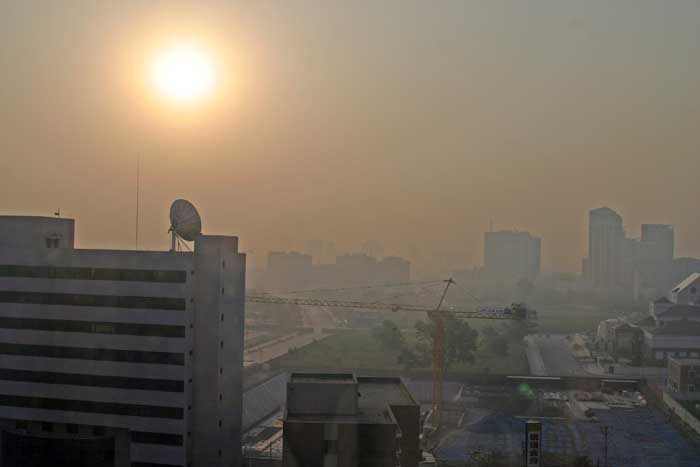Just a handful of companies today make the bulk of battery cells used in plug-in electric cars worldwide.
Now the largest single maker of electric-vehicle cells in China has expanded its focus, from the home market to global markets and specifically the U.S.
The name, CATL, may not be familiar to North American electric-car advocates, but the company is a powerhouse at home—and wants to become a global player.
DON'T MISS: Toyota, Panasonic agree to study prismatic battery cells for electric cars
The Chinese government's plan to ban sales of new vehicles with internal-combustion engines at some point in the future has lifted the prospects of all Chinese battery makers.
One of them, profiled last week by Bloomberg, is Contemporary Amperex Technology Limited, or CATL. Founded only in 2011 by engineer Zeng Yuqun, now 49, CATL now sells more cells to EV makers in China than any other firm.
It plans to sell a 10-percent stake in itself for $2 billion to raise funds for a factory it says will dwarf Tesla's gigafactory in Nevada. The offering signals a coming-of-age for a company in a province better known for producing tea.

Beijing smog
Already among the largest suppliers of lithium-ion cells to Chinese automakers, CATL intends the facility to start producing cells for delivery as soon as 2020—in time for a sevenfold rise in electric-car production in China by 2025.
The new factory, according to Bloomberg New Energy Finance, would quintuple its existing production capacity and catapult the company to the highest-volume maker of electric-car battery cells in the world.
The profile is worth reading in full, to understand the breakneck pace of business development in China and its companies' outside ambitions.
READ THIS: Nissan has sold electric-car battery unit AESC to Chinese investor
Today, the four largest players in lithium-ion cells for battery-electric and plug-in hybrid vehicles are AESC, BYD, LG Chem, and Panasonic.
Automotive Energy Supply Corporation, or AESC, was a joint venture between Nissan and Japanese consumer electronics giant NEC that has now been sold to a Chinese investment fund. It supplies all cells for Nissan electric cars.
BYD makes both cells and cars, and is the world's largest seller of electric vehicles, almost entirely in its Chinese home market.

BYD e6 electric taxi in service in Shenzhen, China
LG Chem, the South Korean company, supplies cells built in plants all over the world to more than a dozen automakers, including General Motors for its Chevrolet Bolt EV and Volt.
Panasonic may be best-known for its partnership with California electric-car maker Tesla, but it has supplied nickel-metal-hydride cells for hybrid cars to Toyota for more than 20 years from a joint venture between the two companies.
These are the firms whose company CATL aspires to join.
CHECK OUT: Samsung wants to be major battery player, just like LG Chem (Sep 2016)
Many Chinese cell suppliers do not yet produce cells to match the best Japanese and South Korean output in quality and yield.
Still, the volume of cells required to supply even a fraction of China's market of 30 million new vehicles a year is enormous—and that last thousandth of a percentage point in reliability may not matter in a market of first-time buyers.
And, say industry analysts, the time will come when they do match that quality. When they do, they are likely to pose a formidable threat to the established players.













